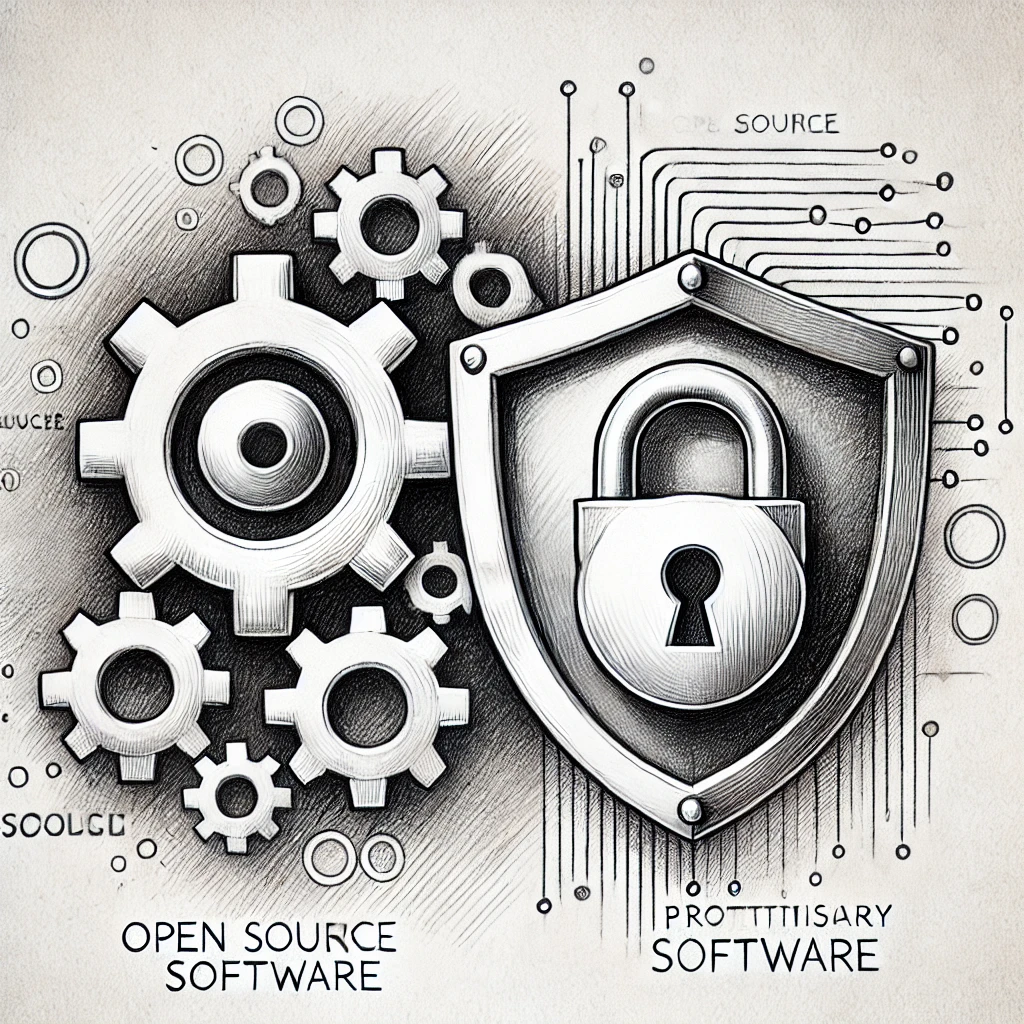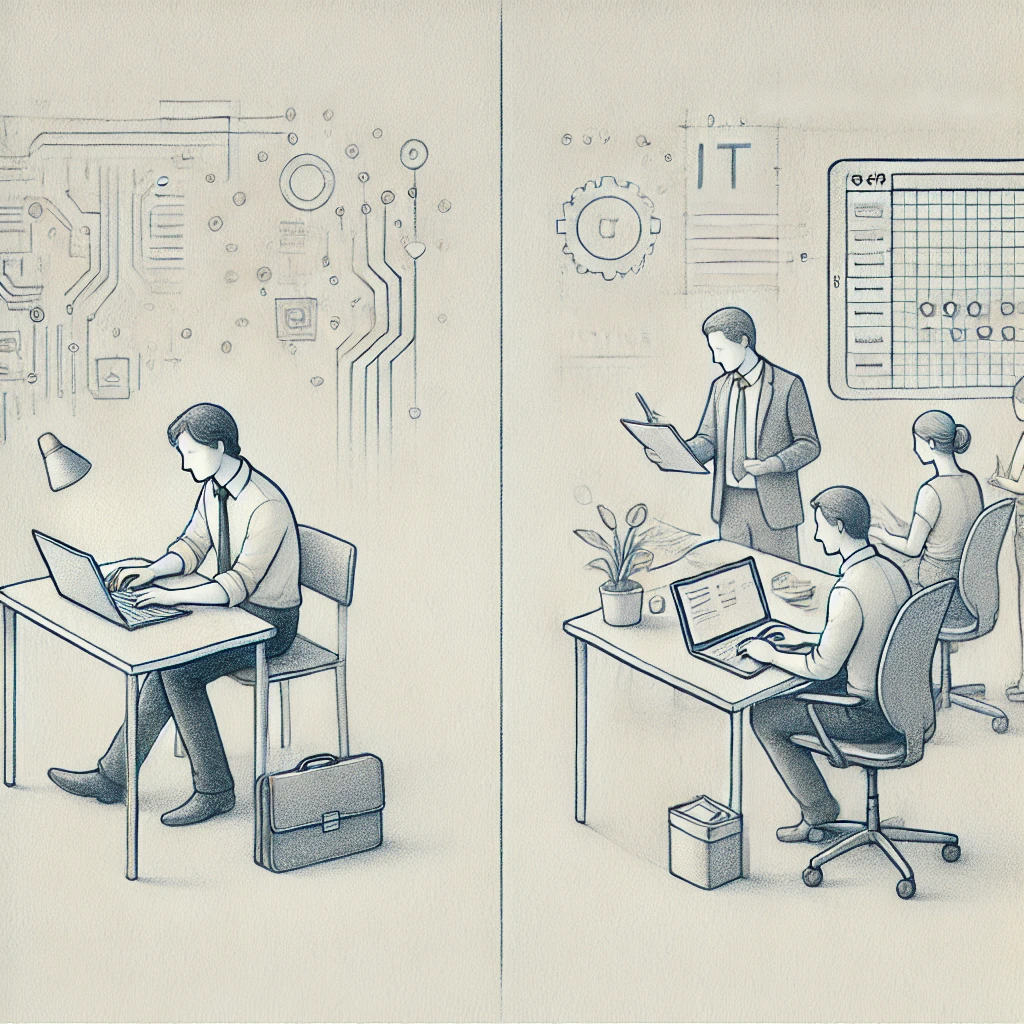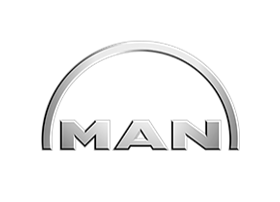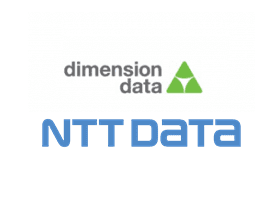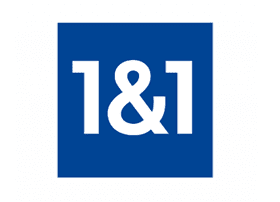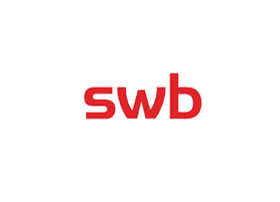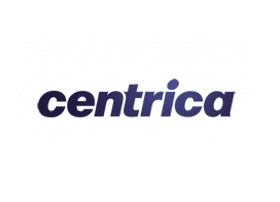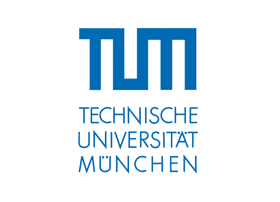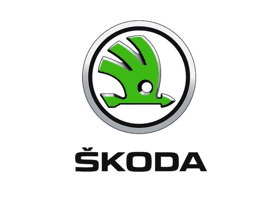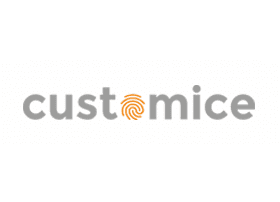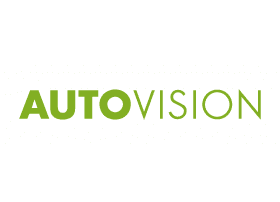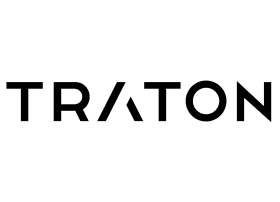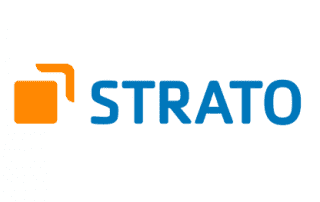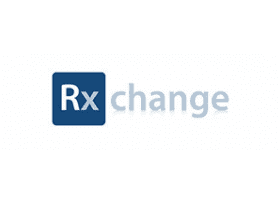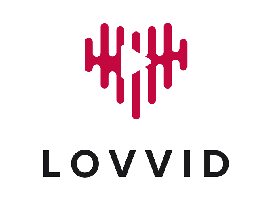What is supply chain management and what role does it play in corporate IT?
– A guide. –

Supply chain management (SCM) is central to modern companies and encompasses the management and optimization of the entire supply chain – from raw materials to the end customer. In corporate IT, SCM enables efficient control of these complex processes through modern IT infrastructures. This article looks at the basics of SCM, its key processes and the role of IT solutions in optimizing the supply chain in companies.
1. introduction to supply chain management
Supply chain management encompasses the planning, control and monitoring of all activities along a company’s value chain. This chain begins with the procurement of raw materials and continues through production to the delivery of the finished product to the end customer. The central task of SCM is to make processes as efficient as possible, minimize costs and at the same time ensure high quality and customer satisfaction.
Why is supply chain management so important?
Proper management of the supply chain enables companies to gain a competitive edge as they can react more quickly and flexibly to customer requirements and market changes. In addition, efficient SCM helps to optimize inventories, avoid bottlenecks and use resources wisely.
2. the most important components in supply chain management
There are five key areas in SCM, all of which are interlinked and determine the success of the supply chain:
- Planning: Includes demand planning and the determination of resources in order to harmonize supply and demand.
- Procurement: Management of supplier relationships and optimization of the purchasing process in order to procure materials in a timely and cost-efficient manner.
- Production: Control of production processes in order to manufacture products in the desired quality and quantity.
- Logistics and warehousing: Management of stock levels and logistics processes to store and ship products efficiently.
- Recirculation: handling returns, recycling and the environmentally friendly disposal of products.
3. the role of IT in supply chain management
IT systems are essential for efficiently designing the SCM processes mentioned above. The digitalization of the supply chain makes processes more transparent and flexible. Here are some key areas in which IT solutions are relevant for SCM:
a) Enterprise Resource Planning (ERP)
ERP systems such as SAP or Microsoft Dynamics help companies to manage all SCM data in one central location. They make it possible to monitor information on stocks, deliveries and production in real time and incorporate it into planning.
b) Supply chain management software (SCM software)
SCM software solutions such as Oracle SCM or SAP Integrated Business Planning (IBP) are specially developed for supply chain management. They enable seamless collaboration between the various departments and offer comprehensive analysis and optimization tools.
c) Automation and robotics
Automation solutions, such as automated storage and picking systems, are playing an increasingly important role in reducing manual processes and minimizing errors.
d) Data analysis and artificial intelligence (AI)
With the help of big data and AI, companies can create more accurate forecasts for demand, production and logistics. Predictive analytics, for example, helps to forecast demand and thus avoid supply bottlenecks.
e) Blockchain technology
Blockchain is increasingly being used for the traceability of goods, as it enables transparent and unalterable documentation of all transactions along the supply chain. This is particularly beneficial in sectors such as the food and pharmaceutical industries.
4. advantages of well-integrated supply chain management in IT
Efficient IT-supported SCM offers companies a range of benefits:
- Increased transparency: All information along the supply chain is accessible at all times, which makes decision-making easier.
- Improved efficiency: Automated processes save time and reduce human error.
- Cost optimization: Better planning and resource management avoid unnecessary storage costs and waste.
- Customer focus: A responsive and flexible supply chain makes it possible to meet customer needs more quickly and increase customer satisfaction.
- Sustainability: IT-supported SCM facilitates the monitoring and management of environmental aspects and helps companies to achieve their sustainability goals.
5. challenges and risks in IT-supported SCM
Despite the advantages, there are also some challenges that companies should be aware of when implementing IT systems in SCM:
- Data protection and security: Digitalization brings with it new requirements for system security and the protection of customer data.
- Integration of legacy systems: Many companies still have older systems that are difficult to integrate into new digital platforms.
- Complexity and costs: The introduction and maintenance of IT systems in SCM is cost-intensive and requires extensive know-how.
- Dependence on technology: If critical systems fail, for example due to cyberattacks or technical faults, serious delivery problems can arise.
Conclusion and recommendation
Supply chain management is a complex discipline that is crucial to the success and competitiveness of a company. The role of IT is indispensable here: without modern IT systems and digital solutions, efficiency and transparency in the supply chain would be virtually impossible to achieve. The entire value chain can be optimized through the use of ERP and SCM software, automation, artificial intelligence and blockchain. However, the risks of IT integration should not be underestimated, which is why careful planning and continuous maintenance of IT systems are essential.
The experts at BITS GmbH are at your side with their comprehensive know-how in the field of IT and supply chain management. Let our specialists advise you on how you can digitize and optimize your supply chains to secure your competitive advantage.
CONTACT
Would you like to find out more?
Are you interested in learning more about the possibilities of digitization in your company? Are you facing similar challenges or have you planned specific projects in your company? Please contact us for a detailed consultation.
Send us an e-mail directly to [email protected] – we look forward to working with you to shape the future of your IT landscape!
You can also make an appointment directly in our calendar.
OUR CUSTOMERS AND PARTNERS
OUR CUSTOMERS AND PARTNERS
Gemeinsam, zuverlässig und langfristig wollen wir als IT-Dienstleister Sie bei Ihren IT-Vorhaben unterstützen. Eine Auswahl unserer Kunden, Partner sowie Branchen finden Sie in diesem Abschnitt.






